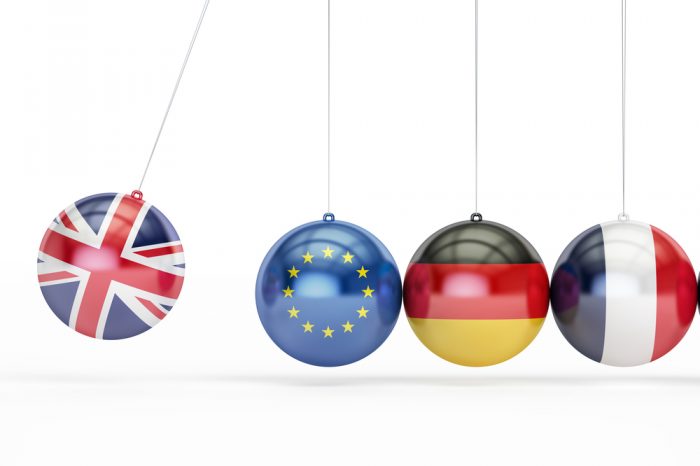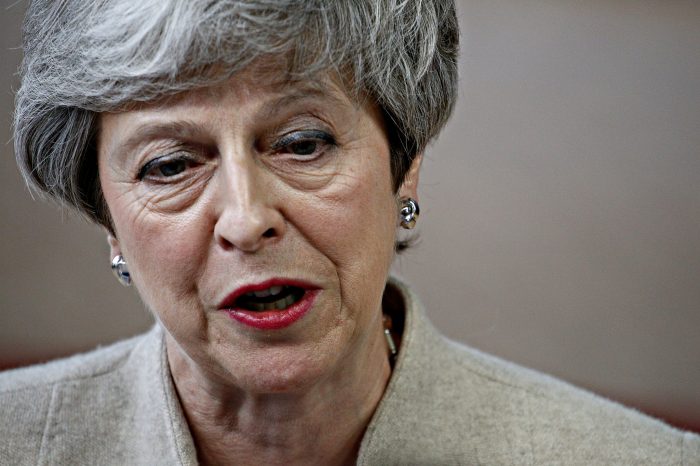A Commonwealth free trade area?
The Commonwealth Games may not generate the same passion as the Olympics, but as this 11-day sporting extravaganza draws to a close in Glasgow this Sunday, attention has once again been focused on this voluntary association of 53 nations, most of which were once part of the British Empire.
It makes us ask what exactly, apart from this sporting event, held once every four years, binds the Commonwealth of Nations (to give it its full title) together? The use of English as a common language and the Common Law-based legal systems are two obvious links. Maybe it’s a sense of all being part of one big family with the Queen as its head, even though only 16 nations recognise her as their monarch.
However, could the Commonwealth also develop into a Free Trade area? In 2005, a Canadian economist, Brent Cameron, wrote a book called The Case for Commonwealth Free Trade. He pointed out that the Commonwealth contains 13 of the world’s fastest growing economies and contains one third of the world’s population.
What is more, the Commonwealth is a voluntary organisation. The constituent nations are members are there by choice. Rwanda and Mozambique, which were never ruled by this country, have chosen to join, recognising the economic benefits of so doing. The member states have no legal obligations to each other. It does possess a secretariat, but unlike the EU’s secretariat, the European Commission, its employees do not spend all day devising debilitating legislation and working out what is the next thing that should be banned.
It makes sense, therefore, for the UK to pull away from the sclerotic EU and build closer economic ties with these countries. In Robert Oulds’ words, “Exiting the European Union and enhancing links with the Commonwealth will not only disentangle the UK from the growing influence of Corpus Juris {the EU’s legal system}, but also enhance links with nations with nations that Britain has more in common with, such as Australia, Canada and New Zealand.”
The former Indian Development Minister, Kamal Nath, is enthusiastic about the idea of a Commonwealth Free Trade area. In 2010, he said, “The Commonwealth is the ideal platform for business and trade… I hope that India’s ties with the Commonwealth will move from strength to strength, and that the new paradigm will only mean greater warmth, greater co-operation.” The Royal Commonwealth Society also claims that “there is a clear relationship between Commonwealth membership and increased trade and membership.”
Of course, membership of a Commonwealth Free Trade area need not be and indeed, is not, exclusive. Canada is also a member of NAFTA, Malaysia and Singapore both belong to ASEAN (the Association of South East Asian Nations) and Guyana is also a member of CARICOM, the Caribbean Free Trade area. However, the UK within the EU will always be hamstrung if it desires to be more actively involved with a Commonwealth Free Trade area. We are currently unable to negotiate our own trade agreements and free trade negotiations at EU level are always long and complex affairs, not least because some other member states aren’t actually that keen on free trade anyway.
Still, we can but hope that by the time the next Commonwealth Games begins in Australia in four years’ time we are at least on the way out of the failing EU and deepening our ties with these countries who are not only our real friends in the world but which also offer us far better opportunities to develop our trade.






